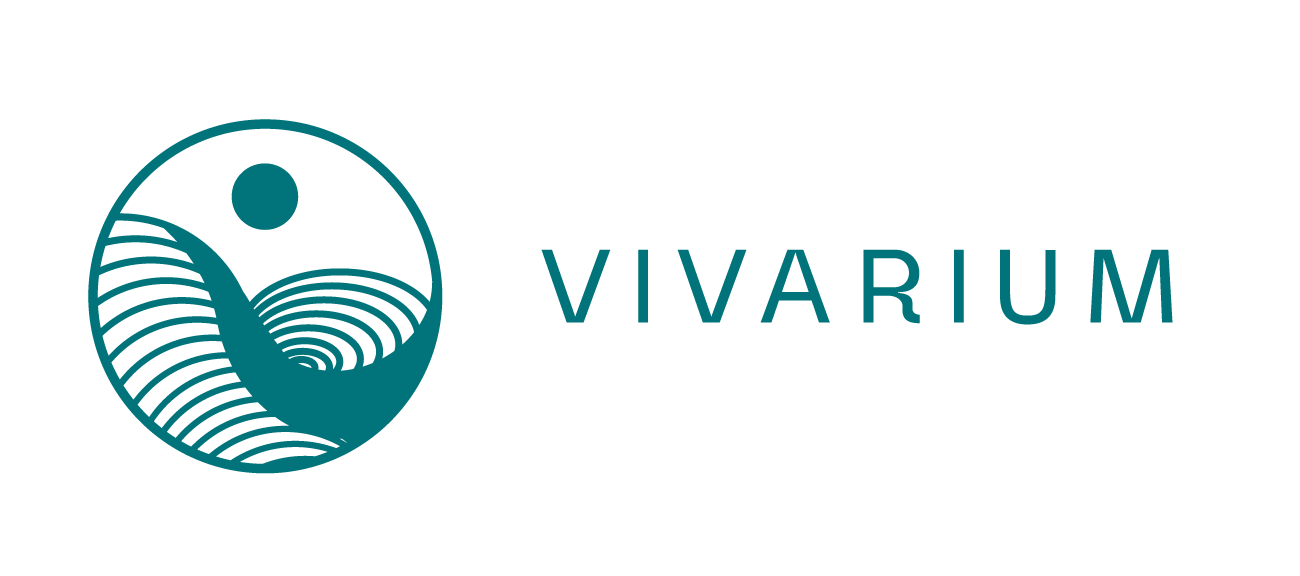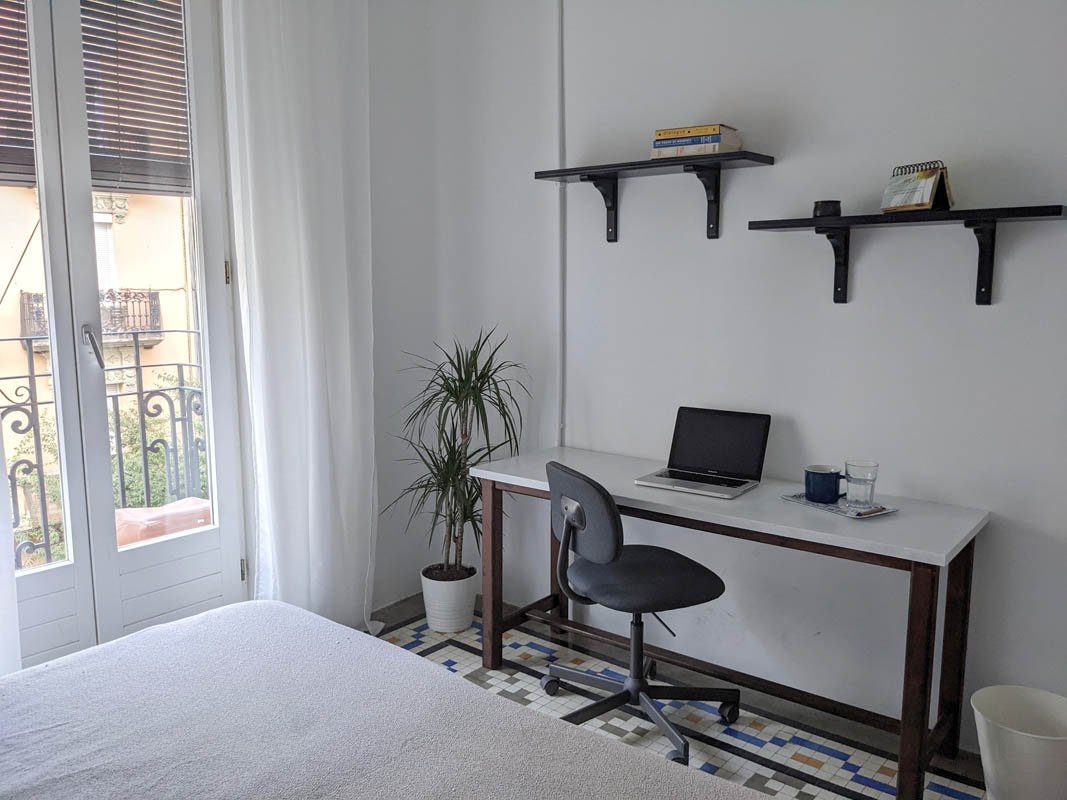Maintaining Focus and Productivity while Working in a Coliving Environment
Productivity can be tricky. For some people, staying focused and productive happens when they're completely alone in their world, cut off from all distractions. For others, the focus kicks in when they surround themselves with others who are working and can thrive only when they have company. And for many people, it depends on the day.
So, even though colivings are designed to help balance your work and life and maximize both areas, living and sharing space with other people can sometimes be a distraction. Especially if your work schedule differs then theirs. So, how do you make sure you stay productive while staying in a coliving?
Let’s talk about it and share some tips first hand but first - let’s break down some possible challenges to it.
Obstacles and challenges of staying focused in a coliving space
Living and working in a coliving environment is a rewarding experience, and can especially be that for your work-life balance, but it does come with some unique obstacles that could be new to you and affect your work routine if you don’t know how to handle them well.
With coliving, it’s important to experiment and learn how to use the services and the offering in a way that will improve both your life and work, and if that is not something you’ve experienced before, it might take a few days to find yourself in it and your vibe in the community and space.
If you're new to the coliving world, here are a few things that might arise as obstacles but please, stay until the end, and we'll show you how to overcome them.
Privacy and confidentiality
One obstacle that may arise when working in a coliving environment is the potential compromise of privacy and the confidentiality of your work or your company information. In traditional work setups, individuals often worked either in shared offices with colleagues or alone from the comfort of their homes, and in both cases, there was minimal risk of breaching confidentiality or compromising privacy. However, in a coliving space, similar to coworking spaces, the dynamics can be different, especially for those in mid or upper-level management positions.
The issue of privacy can be viewed from various angles. Firstly, sharing a workspace with others can result in limited privacy, which may raise concerns about the confidentiality of sensitive work-related matters.
Coliving spaces typically involve greater interaction and proximity with other residents, making it crucial to establish clear boundaries and communicate expectations regarding the privacy of one's work and company information.
Additionally, coliving spaces might increase the chances of constant movement and background noise in a shared environment and pose challenges for individuals who frequently engage in client or customer interactions. Background noise during calls can be viewed as unprofessional and potentially affect how others perceive you. This is an especially relevant obstacle for coliving spaces that don’t have strictly divided common spaces, which is our second topic.
Multipurpose common spaces instead of workspace
Although most colivings recognize the importance of having a dedicated workspace in their coliving, a lot of spaces cannot afford to have it, thus, residents are challenged with spaces that have split functions such as workspace, dining area, or living room - all in one.
This absence of strictly categorized spaces for work within a coliving setting can contribute to privacy concerns. Unlike traditional offices, where there are designated work areas that are separate from communal spaces, coliving environments can often blur the lines between personal and work spaces making this lack of clear boundaries create challenges in maintaining a professional setting and staying focused.
Different work styles and schedules
Just as people have different personalities, they also have different work styles. In a coliving space, you may encounter individuals with work habits that differ from your own and this diversity can sometimes lead to distractions or clashes in work approaches.
The internationality of coliving spaces might mean that you’re coming from different time zones, meaning you might work in two completely different shifts. Typically, this is not a big challenge, but if you’re the one who differs from the rest, it might be hard to find a balance and socialize, as well as stay focused on work while others are off socializing.
Also, colivings often foster a strong sense of community by organizing social events or communal activities and, while these interactions are enjoyable and encourage social bonding, they may occasionally pose distractions that can divert your attention from work tasks.
So, how do you overcome these challenges and boost your productivity in a coliving space?
Tips on staying focused and productive
Now that we have discussed the potential challenges of maintaining focus and productivity in a coliving environment, let's explore some practical tips and strategies to overcome these obstacles and enhance your work experience in a coliving space. As we said, coliving spaces are designed to give you a productivity boost and find that work-life balance, so let’s talk about things that can help you reach that.
Finding your routine
The first thing you’ll want to explore to maintain focus and productivity in a coliving environment is your unique routine. For example, start by waking up at the same time each day to establish a consistent start to your day and communicate your work hours to your cohabitants, ensuring that everyone is aware of your dedicated work time and can minimize interruptions.
Also, creating a pre-work routine can help you transition into a focused mindset. You could consider incorporating activities like meditation, setting goals for the day, or engaging in light exercise to mentally prepare yourself for work.
Additionally, remember to plan regular breaks throughout your workday to recharge and maintain productivity. That’s where colivings are great - there will always be someone to chat a bit and take your mind off work.
Also, in a coliving space, maybe more than elsewhere, setting boundaries for finding a balance between work and leisure is essential. You should clearly define personal time and establish a clear separation between work and relaxation. Typically, this shouldn’t be a problem if your routine is similar to others, but if it differs, it’s important to find a way to communicate that or work around it.
By establishing a routine tailored to your needs and work style, you can create a structured and productive environment in your coliving space which will then leave you more time for quality socializing without stressing if the work is done or not. Embrace consistency, set boundaries, and prioritize self-care to maximize your focus and productivity throughout the day.
Adjusting your work to the new setting
Adapting your work to the coliving environment requires some strategic adjustments, but with some of the following tips, you can make the most of your work schedule:
Play around your schedule
If your schedule is flexible, try to align it with other residents in the coliving space.
By synchronizing your work hours with others, you can have more time to socialize and connect after work and you will be motivated to work while others work.
Alternatively, if you prefer privacy and uninterrupted work time, consider working opposite shifts to ensure you have the space and solitude you need.
Plan ahead
Planning is key when working in a coliving environment. Most coliving spaces provide a weekly plan with social events and happenings. Take advantage of this schedule by planning your work around these events. By knowing in advance when social activities are planned, you can prioritize your work tasks accordingly, eliminating the guilt of missing out and allowing you to fully focus on your work.
If you have the opportunity, embracing flexibility and proactive planning will help you optimize your productivity AND maximize the benefits of communal living.
Finding your work spot
Another piece of advice for staying productive and work-focused In a coliving is finding a designated working area for yourself and sticking to it.
If your coliving space offers a coworking area, take advantage of this dedicated workspace. However, if no coworking is available, explore different spots within the common areas. Look for quieter areas that are less frequent during the day, especially far away from the hustle and bustle of the kitchen or eating areas. Experiment with different locations until you find a spot that allows you to concentrate and work effectively.
If the space is multipurpose, it’s good to communicate your boundaries to other colivers, making it clear that your chosen work spot is intended for focused work and should be respected as a distraction-free zone. This helps set expectations and minimizes interruptions, creating an environment that supports productivity.
Also, most coliving spaces provide you with a desk and a chair in your private room. So, if that is the case, consider making that space your go-to work area when you need more privacy. Treat it as you would an office by personalizing it in a way that inspires productivity and professionalism. Keep it clutter-free and reserved specifically for work-related activities rather than using it as a storage space.
Whatever you’re presented with, finding your designated work spot, establishing boundaries, and personalizing your workspace can help you create an environment that enhances your focus and productivity in a coliving setting.
Minimizing distractions
Lastly, invest in some good tools or strategies to help you with distractions. If you’re a digital nomad, you probably have a bunch of this up your sleeve, and if not - here are a few basic ones to start with.
Noise blocking
Invest in a good pair of headphones to create a personal sound barrier. Playing instrumental music or white noise can help drown out background noise and keep you in a focused mindset. Also, when people see someone who has headphones or earbuds, there are fewer chances they will try to start a conversation with you.
If you’re not a big music listener, you can also get earplugs specialized for working that can help you block off the noise.
And when it comes to blocking off background noise on your calls and meetings, there are different software that can help you do that.
Avoiding social or visual distractions
There are many ways to avoid social distractions. One way is to communicate it clearly, but if that makes you anxious, you can try other things. For example, you can experiment with different times of the day and see when there are fewer people around to come in and do some of the work that requires minimal distraction.
You can also get creative. For example, you can use a physical "Do Not Disturb" sign that you can put on your desk or a small traffic light to signal your openness to conversations.
And if you’re very aware of your surroundings and get easily distracted by the movements and people around you, try finding a spot that is facing a static visual such as a wall or nature. Also, sit in a way that you don’t face other people’s monitors, phones, or a TV if there is one, and lastly, if there is no way of doing this - don’t be afraid to ask if you could experiment with the space a bit. In most cases, moving a chair or a desk to a different spot is not a problem as long as you return it when you’re finished.
So, with these basic tips in mind, you're ready to step into the coliving space and be your most productive self.
Coliving spaces will inspire you, motivate you, and push you to achieve your goals, and with just a few tricks, you can easily lean into it. And when you learn how to float in this kind of environment, you will start noticing how much it is healthier your work-life balance is becoming.


